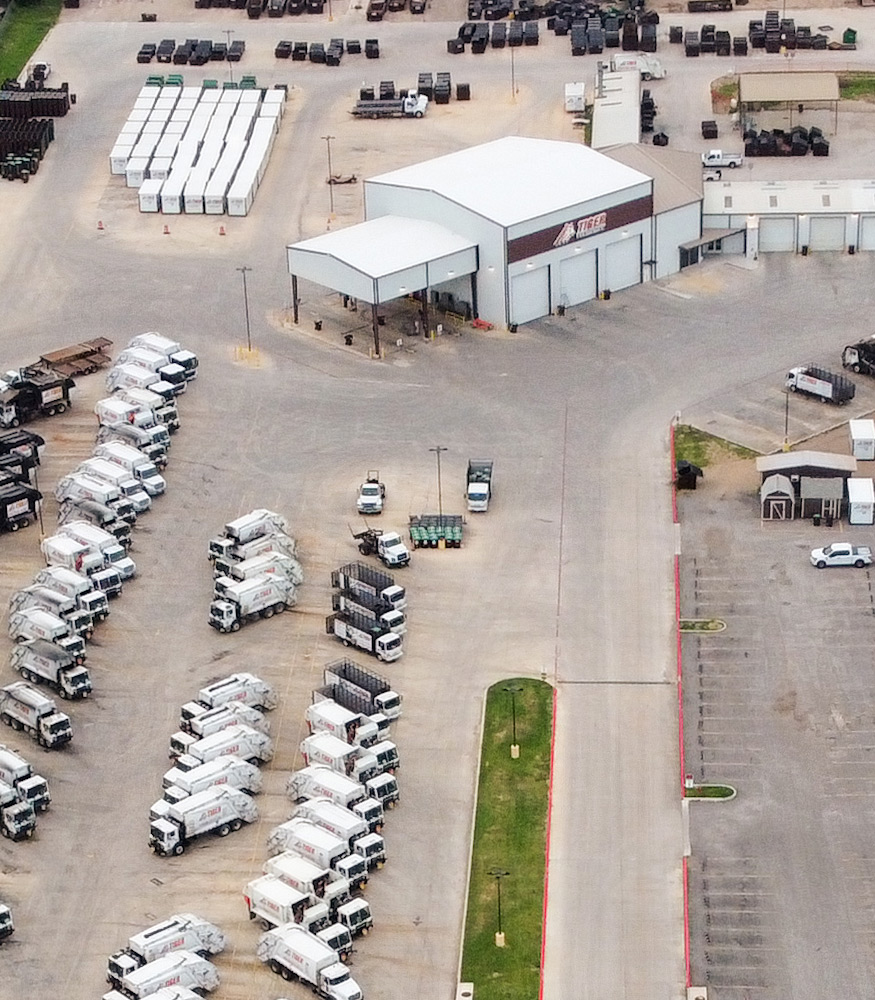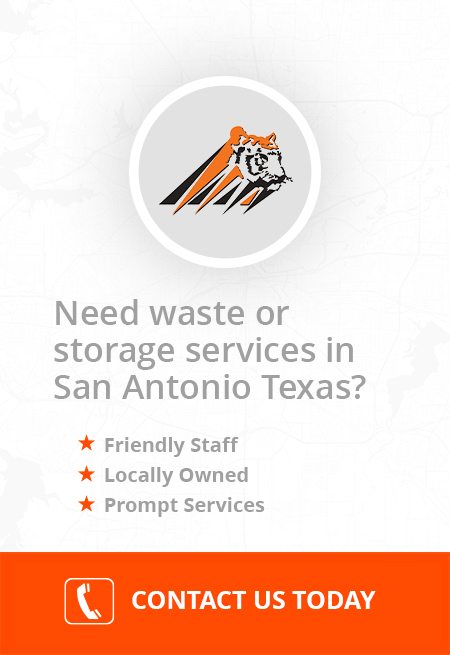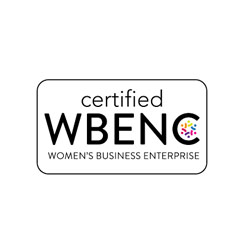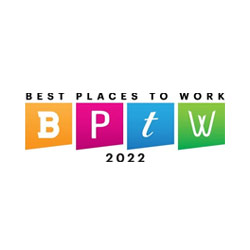Being a good steward of the environment is at the core of what we do every day through providing safe and sustainable waste and recycling collection services. That is why we are doing our part to help ensure more recyclables have a better chance of actually being recycled into new products. Choose us for recycling and curbside trash services!
Recycling Services
OUR RECYCLING SERVICES
We're Focused on Being a Good Steward of the Environment
What is acceptable?
- Cardboard (clean and dry)
- Newspaper, loose office paper, and magazines
- Plastics 1 through 7 (no food residue)
- Aluminum beverage cans
- Steel and tin cans (no food residue)
What is NOT acceptable?
* When in doubt, throw it out. * (Sometimes the best recycle tip is to not try to recycle everything!)
- Glass – (please note that glass of any type is no longer acceptable for our single-stream recycling)
- Food waste (please either compost or place in the trash)
- Food-contaminated paper, cardboard, plastics, or cans (including pizza boxes)
- Textiles (rugs, carpet, bedding, or clothes)
- Diapers and other baby or pet waste
- Electronics, hoses, extension cords, holiday lights, clothing hangers
- Plastic bags of any type, film, sheeting, or membranes
- Yard waste, dirt, wood, concrete, brick, or other construction debris
- Polystyrene foam and packing materials
- Scrap metal, auto parts, and tires
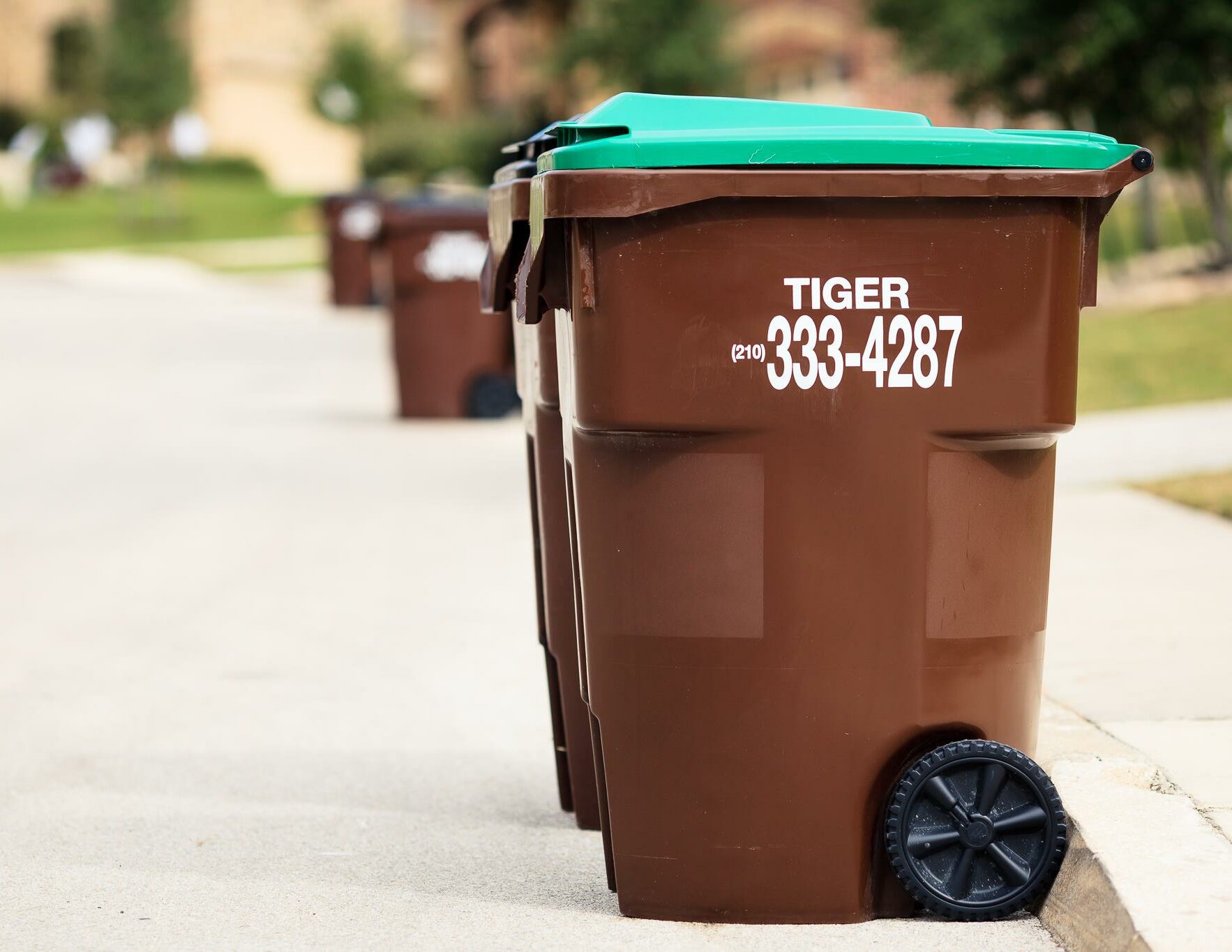
It is important all stakeholders in the recycling process understand the “why” behind our recycling programs.
Two primary questions being asked are:
- Why is the reduction of contamination so important?
- Why are glass items and plastic bags being removed from the recycling program?
The answers to these questions are not simple and include such topics as the industry’s transition from dual-stream to single-stream recycling collection programs, the lack of domestic processors, volatile commodity markets, international trade, the growing volume of single-use containers, and human behavior. But the one common thread in each of these topics is the impact contamination has on the long-term viability of recycling programs.
Contamination is a real threat to sustainable and effective recycling programs.
There are two primary forms of recycling contamination; source-generated and process-generated. Most people can easily identify and understand the problems of source-generated contamination. These are items placed in the recycling cart that plainly shouldn’t be there, like food waste, baby diapers, yard waste, and electronics (see below for a more inclusive list). This type of contamination accounts for approximately 20% of what is placed in the average household recycle cart. So that means, on average, one of every five items placed in a recycling cart should not be there and is jeopardizing the future of the other 80%. Contamination degrades and devalues the highly recyclable items (paper, cardboard, plastics, tin, and aluminum cans), increases the time and cost to process them, and often ultimately results in the desirable materials being landfilled. This is why you may have heard the recycle slogan, “When in doubt, throw it out.”
The second form of contamination (process-generated) is less well-known and, for that matter, much less talked about. Process-generated contamination is the result of low-value and/or difficult-to-process recyclables (i.e. broken glass and plastic bags) making their way into the bales of sorted recyclables. It is primarily a result of the single-stream recycling process.
Single-stream collection allows residents to commingle the various types of recyclables into large 95-gallon carts for curbside collection. The commingled recyclables (and any contamination) in the carts are dumped into a collection truck, compacted for operating efficiencies, and then delivered to a material recovery facility (MRF), a.k.a. recycle sorting facility. The sorting is conducted with large, complex machinery and manual labor. Because the commingled materials have been compacted by the collection trucks, dumped on a concrete floor, and then handled by large industrial front-end loaders before the sorting process even begins, any contamination (think food waste and diapers) and broken glass are thoroughly mixed and embedded into the fibers of the desirable recyclables (think paper, cardboard, and plastics).
Further complications occur when plastic bags (grocery shopping bags and plastic film) wrap around and clog the many moving parts of the sorting machinery. Multiple times a day, the system must be stopped, and employees must crawl into the machinery to manually cut out the plastic bags.
This is not only dangerous and time-consuming, but the plastic bags (or pieces thereof) often make their way into the final bales of sorted recyclables. To prevent this, please return plastic bags to the grocery store each shopping visit. Most grocery stores have plastic bag receptacles near their store entrances.
So why is this a big deal?
The negative effects on available recycling markets and the environmental consequences of contamination.
Isn’t recycling glass a good thing?
Areas We Serve
Tiger offers reliable waste collection and portable storage services to residential and commercial customers throughout the South Central Texas area.
- San Antonio
- San Marcos
- Buda
- Spring Branch
- Bulverde
- New Braunfels
- Seguin
- Kyle
- Medina Lake
- Leon Valley
- City of Hollywood Park
- Elmendorf
- Von Ormy
- Mico
- Bexar County
- Medina County
- Bandera County
- Kendall County
- Comal County
- Guadalupe County
- Wilson County
- Atascosa County
We can be reached at (210) 333-4287 to discuss your sanitation or moving needs and answer any questions you may have.
Hours: Monday – Thursday: 8 am – 5 pm
Closed Saturday -Sunday
Testimonials
Our Affiliations
WE'RE HERE FOR OUR CUSTOMERS
Choose Tiger for Your Sanitation & Portable Storage Needs.
Tiger is the dependable choice for waste management and portable storage services in San Antonio, TX, and the surrounding areas.


